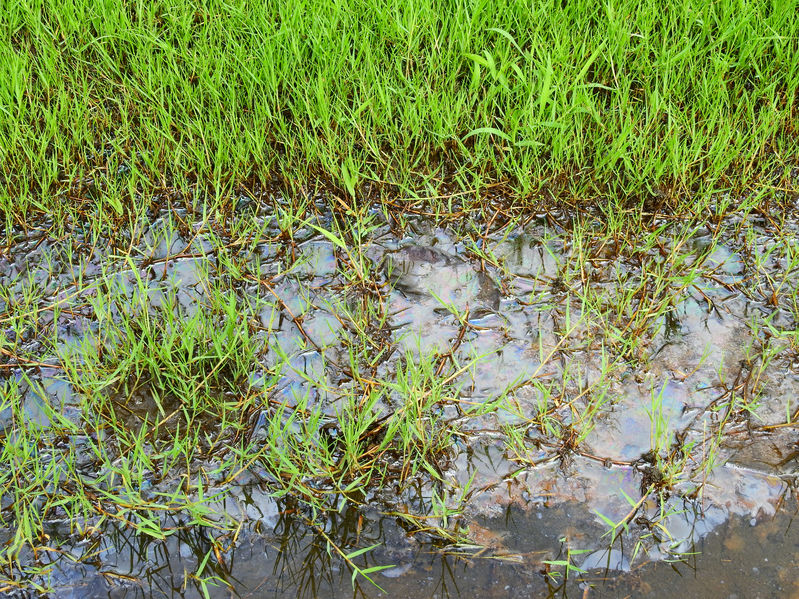Can heavy rain cause a septic backup or soakaway failure?

Rain, rain, go away…
Being cooped up can cause the rainy day blues. Did you know it can adversely impact your septic system?
It is common to have a septic back up after or even during a heavy rain. Significant rainfall can quickly flood the ground around the soil absorption area (drainfield) leaving it saturated, making it impossible for water to flow out of your septic system. With nowhere to go, the water eventually backs up into drains and toilets and into your home. A flooded drainfield can also lead to untreated sewage flowing into the groundwater and local streams, putting them at risk for significant environmental contamination.
What can you do to minimise your risk? We have a few simple tips to share to help you and your septic system before, during, and after a significant rain event.
Before
- The best way to handle a heavy rainfall is to make sure your septic system is in good shape before the rains. Septic problems can be worse if your tank needs to be pumped or the system has not been properly maintained. At a minimum, check out our page showing signs that your sepitc tank needs to be cleaned out.
- Direct runoff water away from the soakaway to keep the surrounding soils from getting extra soggy. Keep rain gutters clear of debris and make sure all gutters drain away from the soakaway area.
- Do not drive any heavy equipment or other vehicles that could compact the soil over the soakaway . Compacted soils can reduce the soil absorption field’s ability to treat wastewater. Plant only grass above the soakaway .
During
- Signs of Stress: surface water is ponding in the soakaway area, drains are not draining quickly, toilets flush slowly or make strange sounds, water is backing up into your basement. After a major rain event, the only way to relieve pressure on the system is by using it less. If possible, reduce or eliminate water going down the drains until the soakaway dries out. An emergency septic service cleaning can provide temporary relief, but this is often a futile exercise in battling mother nature.
- Conserve water to minimise the load on your septic system. Your largest water usage appliances should not be used (washer, dishwasher, etc). Don’t flush the toilet unless absolutely necessary. Skip a shower if you can. Don’t run the dishwasher. Put off doing laundry until the system has been restored.
After
- If you suspect any damage to your septic system or if the water over the soakaway does not recede after the rain stops, have your septic tank professionally inspected and serviced.
- If silt and debris have gotten into your septic tank, have the system pumped as soon as possible. Wait until the water has receded and the area is no longer saturated before opening the tank.
Don’t Wait for an Emergency. Call our trained professionals today to ensure that your Septic System is ready for the rain!
